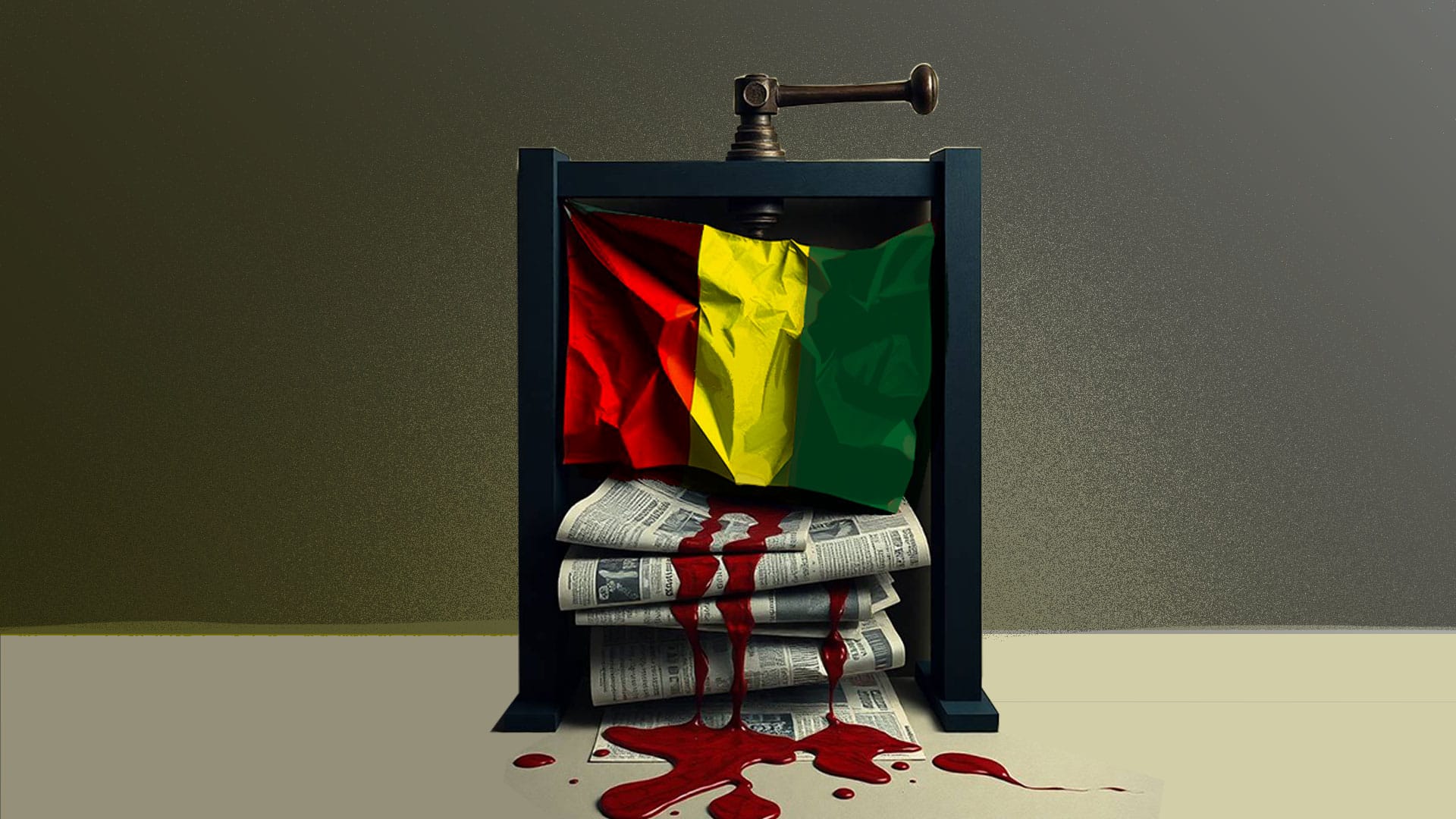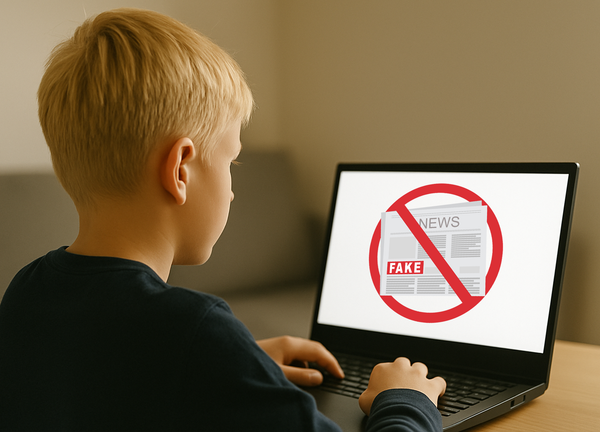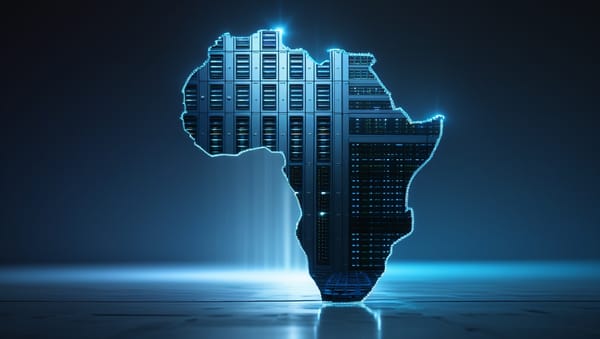In 2021, Guinea Conakry was the scene of a military coup which overthrew President Alpha Condé. Since then, the country has crossed a transition period marked by significant political, economic and security changes.
On September 5, 2021, Guinea Conakry saw its president, Alpha Condé, overthrown by a coup d'etat led by the group of special forces (GFS), led by Colonel Mamadi Doumbouya. The latter justifies its action by the need to put an end to "gabelia" and to restore constitutional order. However, almost three years later, the promised transition seems to be dragging, and the hopes of a real democratic change are falling.
Alpha Condé, in power since 2010, had gradually hardened his regime, modifying the Constitution in 2020 to run for a third term. This decision had triggered massive, severely repressed demonstrations, causing more than 50 dead between 2019 and 2020 according to Amnesty International . When Mamadi Doumbouya took power in 2021, he promises a transition to a civil government. However, the colonel who has become general proclaim himself "President of the Republic", establishing a military regime which, in turn, restricts freedoms and represses the dissident votes.
One more authoritarian regime
Guinea is today the humanity by the National Committee of Rally and Development (CNRD), with the colonel Mamadi Doumbouya, who has become general. Initially appointed "transitional president", he approached "President of the Republic", arousing questions about his political intentions. Despite its promises to restore order and not to appear in the elections scheduled before December 2024, several signs of an authoritarian regime surface.
In Guinea, opposition political parties face increased repression. Several rallies are prohibited under the pretext of national security. Amnesty International reports that in May 2023, at least five people were killed by the security forces. In July 2022, the leader of the National Front for the Defense of the Constitution (FNDC), Foniké Manguè, was arrested at his home, triggering new violently repressed demonstrations. The hope of a democratic transition thus gives way to a regime which represses its opponents under the guise of maintenance of order.
Silence the dissonant voices
Since its notable progression in the world's global launch of the press freedom established by Reporters Without Borders in 2022, where it had won 25 places to reach 84ᵉ position, Guinea has experienced a clear decline. The year 2023 was marked by a multiplication of censorship and increased pressures on the independent press.
According to the Syndicate of Press Professionals in Guinea (SPPG), the situation has deteriorated in 2024, with the receivers of 32 journalists, the arbitrary arrest of 16 others and the imprisonment of two media professionals. Several independent press organs have been closed, like private Sabari FM radio, while targeted internet cuts have struck critical information platforms with regard to the diet. Despite the commitments displayed in favor of transparency, these restrictions reflect a manifest will of the power to suffocate dissent and control information.
An uncertain political transition
Initially, the military transition was to lead to a return to a civil regime before December 2024. However, the absence of a clear calendar arouses questions about the actual intentions of the regime. The power of Colonel Mamadi Doumbouya seems to settle over time, strengthening the fears of an authoritarian drift. If the coup d'etat was supposed to restore democracy, it is clear that a military regime simply replaced another.
An economy in difficulty
The Guinean economy is mainly based on mining, but this wealth is unequally distributed and does not benefit the entire population. According to the World Bank , 55 % of Guineans live below the poverty line, testifying to the persistent precariousness of the country.
To revive the economy, the military regime has implemented several projects, including the development of infrastructure and the exploitation of the Simandou iron deposit, in partnership with Chinese and Australian investors. However, these initiatives are struggling to resolve the daily difficulties of citizens. In 2024, the increase in the cost of living, aggravated by fuel shortages, continues to affect the population harshly, accentuating social dissatisfaction and doubts about the economic management of the country.
The shadow of tensions permanently hangs on the security situation
The internal political tensions and the repression of the opposition and the manifestations fuel an atmosphere of instability. In December 2024, clashes broke out during a football tournament in Nzérékoré, causing dozens of dead and injured. A curfew is established, but tensions persist.
On the international level, Guinea is getting closer to Russia, with whom it has signed several military cooperation agreements since 2022. This partnership, including the training of the armed forces and the acquisition of military equipment, arouses concerns about a possible influence in Guinean policy.
While the military transition was to lead to a return to a civil regime before December 2024, the absence of a clear calendar fuels doubts. The power of Mamadi Doumbouya seems to be a long time, strengthening concerns about an authoritarian drift. If the initial goal was to restore democracy, it is clear that an authoritarian regime simply replaced another.









